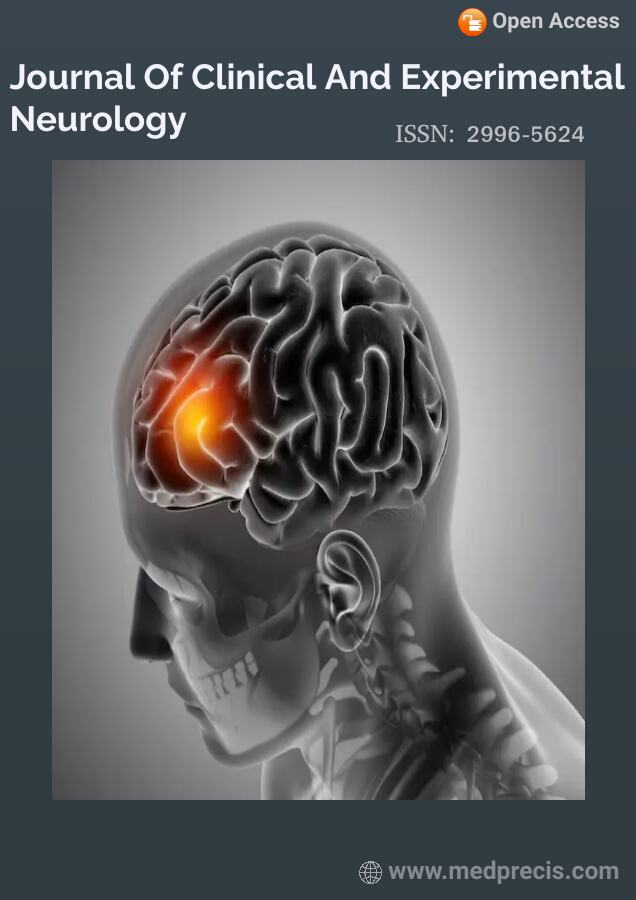Initial Outcomes of the Reintegrative Protocol for Binge Eating Disorder Treatment
Joseph Nicolosi and Christopher H. RosikAbstract :
ABSTRACT
Experiencing one or more traumatic events may heighten the risk of developing binge eating and Binge Eating Disorder (BED). BED stands as the most prevalent eating disorder in the United States, affecting approximately 2%-4% of individuals annually. Given its widespread occurrence and the significant impact it imposes on affected individuals, effective treatment strategies for BED are imperative. Currently, there exists no specific research examining the innovative reintegrative protocol in a clinical setting as a treatment approach for BED. This small-scale, multiple-baseline pilot study aimed to investigate the feasibility and effectiveness of the reintegrative protocol in addressing BED by addressing traumatic memories associated with binge eating behaviors. The findings suggest that the reintegrative protocol holds promise as a method for regulating emotions and treating BED. While the implementation of the protocol proved feasible, outcomes varied among the 6 diverse participants, highlighting the need for further investigation.
Keywords: Binge Eating Disorder; Affect Dysregulation; Reintegrative Protocol.

